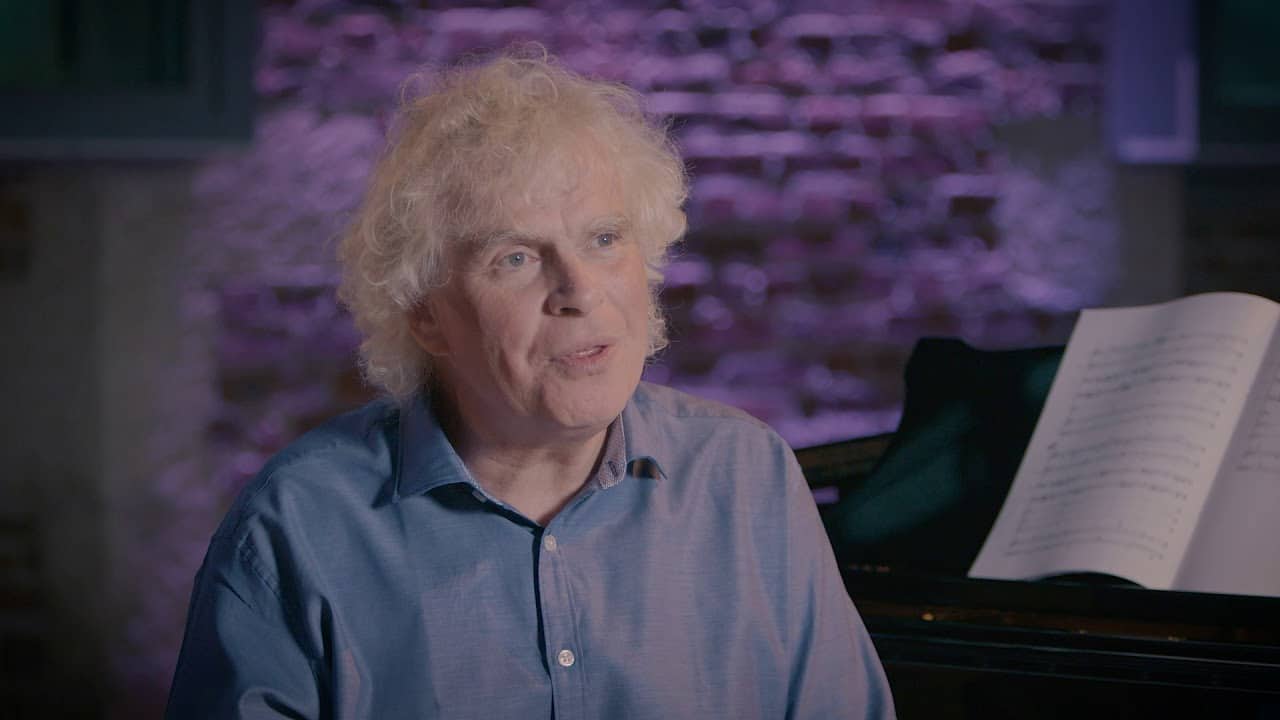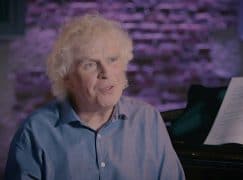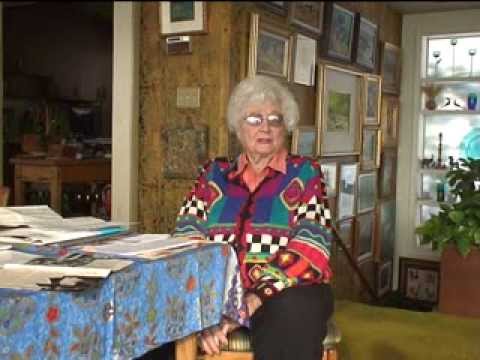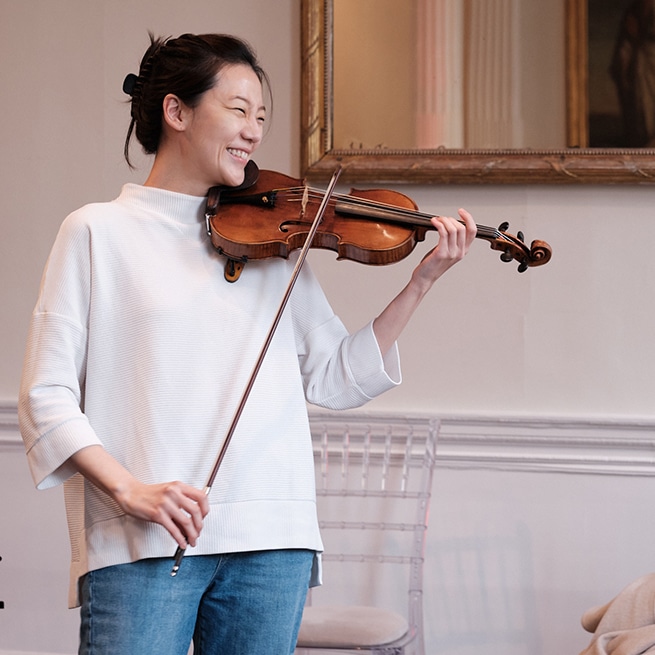Simon Rattle: I am maniacally optimistic
mainIn a Munich interview yesterday, Sir Simon was asked why he was drawn to the dark Melencolia of Sir Harrison Birtwistle.
Rattle’s reply: ‘Oh, we all have something dark, but I, my family say, am almost maniacally optimistic. So much so it can get on your nerves.’
Next question: Would you have joined the LSO if you knew that Brexit was coming?
‘Good question. In fact, I signed up a few months before Brexit. It was not my first thought, because working with the orchestra is just so important and so positive … Anyway, I did not have to make any decisions about it. But since then we have noticed that fewer people from Europe are applying for trials with the orchestra. That’s a fact and I can understand it, because, put simply, no-one knows what the situation will be and how easy it will be to get permits, visas and so on. We shall see.’







“Good question. In fact, I signed up a few months before Brexit.”
Months? His appointment was announced in March 2015. It’s now May 2019 and Brexit has not happened.
I think he means before the Brexit referendum (June 2016)?
I hope he is fully appreciated in London. In his Birmingham years, he was at the height of his popularity in Britain. In Australia, most critics thought at the time that he was overrated (probably mostly judging from his recordings, which is not an ideal way to judge a performer). Since then he is evolved into a truly great conductor, but ironically less popular in his own country.
I’m not sure Sir Simon is less popular’ in his own country. His concerts are well attended, his recordings sell well and he’s often reported on in the newspapers.
And he’s a nice bloke too! I once collared him at a concert in the Queen’s Hall and he was happy to give me a very considered answer to my question. I mean , really, could you see Karajan doing that? (And his recordings still sell well!)
I bumped into him in front of a Tower Records store in S.F., near Fisherman’s Wharf. Couldn’t have been nice and more down to earth.
I heartily agree with your post, particularly the beginning of the second paragraph. I have worked with him a great deal in the past, and over the subsequent years have met him on a few occasions. Each time he greeted me as if I were a long lost friend, the most recent being in the break between rehearsal and concert at Symphony Hall, Birmingham in April.
Sir Simon is very well liked and highly respected in the UK. He draws in the audiences and he is very approachable.
I’m an American who’s followed Brexit closely, mostly because of parallels in the political cultures and their historical roots. I’ve been struck by the sheer brutality of discourse in the UK, which more than equals what’s seen here if you look beyond the tendency to employ a larger vocabulary more stylishly.
We do share a belief that intellectual contest yields the most sound ideas, and I wonder if that can blind us to the frequency with which this concept becomes the excuse for mindless conflict generation. The resulting arguments can be entertaining (and profitable), but they are often not terribly enlightening.
I didn’t proof read! That should say, “S.R. couldn’t have been nicer”. In short, he was nice.
“Maniacally optimistic”? Pollyanna. Or Peter Pan.
Now THIS is interesting in his comments: “But since then (Brexit) we have noticed that fewer people from Europe are applying for trials with the orchestra. That’s a fact and I can understand it, because, put simply, no-one knows what the situation will be and how easy it will be to get permits, visas and so on. We shall see.”
Who cares if or if not he is drawn to “the dark Melencolia of Sir Harrison Birtwistle.” And that name sounds like Jeeves is somehow involved.
The same issue is why the London orchestras were late this year telling us about next year’s programme. The Proms were also later than normal; and the ROH are yet to tell us their programme next year.
As Rattle states, people don’t want to commit if they don’t know what the rules will be.
Rattle’s interest in Birtwistle is the result of his believing the nonsensical modernist historical narrative which defines musical developments along a linear perspective. Schoenberg defines the course of 20C music, atonality had to occur, etc. etc. In this way Rattle, as so many of unthinking, ignorant performers, continue to support the many attempts to inflict damage to the art form.
Here is Rattle’s politicized version of music history, rife with all the falsifying klichees of postwar modernism, as conventionally taught at the conservatories and universities:
https://www.youtube.com/watch?v=QQJz7GBtSaE
I once attended a concert with Rattle conducting the Berlin Phil, before the interval, in an unspeakable modernist atonal monstruosity of 45 minutes, consisting of avelanches of short hysterial gestures, but the audience endured it because after the interval Mahler’s 4th symphony was expected to sooth the disrupted nerves. But the players were so disrupted themselves that whatever Viennese gestures Rattle was inflicting upon his band, the music did not flow. I’m sure the players were thoroughly frustrated and could therefore not immerse themselves in the real piece of the evening.